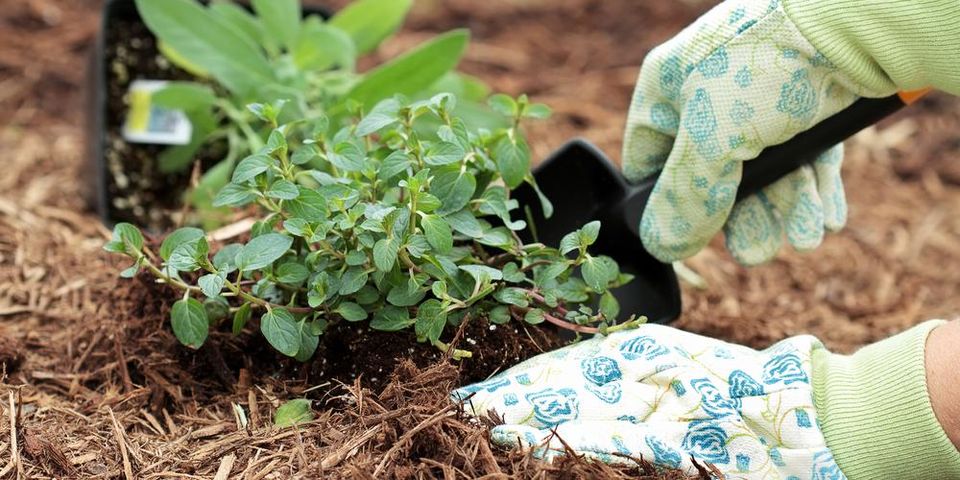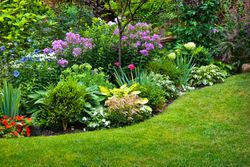
Now that spring is here, it’s time to get out in the yard, soak up some sunshine, and clean out all that winter debris. If you’re struggling with an abundance of weeds and sickly plants, mulching your flower beds may be the perfect solution. The Lawn Surgeon, based in Cromwell, CT, offers some helpful information about the benefits of mulching and some tips about which type of mulch is best for your yard.
Benefits of Mulching
Mulching significantly reduces weeds. It blocks sunlight from reaching the soil and makes it impossible for even the most tenacious little tendrils to force their way up. Mulching also insulates the soil from temperature changes in the spring and fall that can stress plants. Finally, it also holds in moisture on warm days. This prevents plants from drying out too quickly in the summer and reduces the need to water them.
Types of Mulch
 Organic mulch is one of the best kinds, as it provides a natural source of nutrients for plants. As organic matter degrades, it releases nitrogen, phosphorous, and potassium—all of which are necessary for plant growth and health. Selecting a compost, manure, or peat moss mulch will give you the beautiful landscaping you desire.
Organic mulch is one of the best kinds, as it provides a natural source of nutrients for plants. As organic matter degrades, it releases nitrogen, phosphorous, and potassium—all of which are necessary for plant growth and health. Selecting a compost, manure, or peat moss mulch will give you the beautiful landscaping you desire.
The best mulch for your yard depends on factors like weather, drainage, and the quality of the soil. Avoid wood or rubber mulches, as they don’t provide any nutrition and can act as a haven for mold and pests. Give your plants plenty of breathing space by not packing the mulch right up to or over them. Mulch is meant to protect and feed the soil, which, in turn, protects and feeds the plants.
The detail-oriented team at The Lawn Surgeon can help you select the perfect material for your flower beds. They serve the Middlesex and Greater Hartford counties and offer a variety of lawn care services for both residential and corporate clients. Contact them today at (860) 635-1127, or visit their website to learn more.
About the Business
Have a question? Ask the experts!
Send your question

